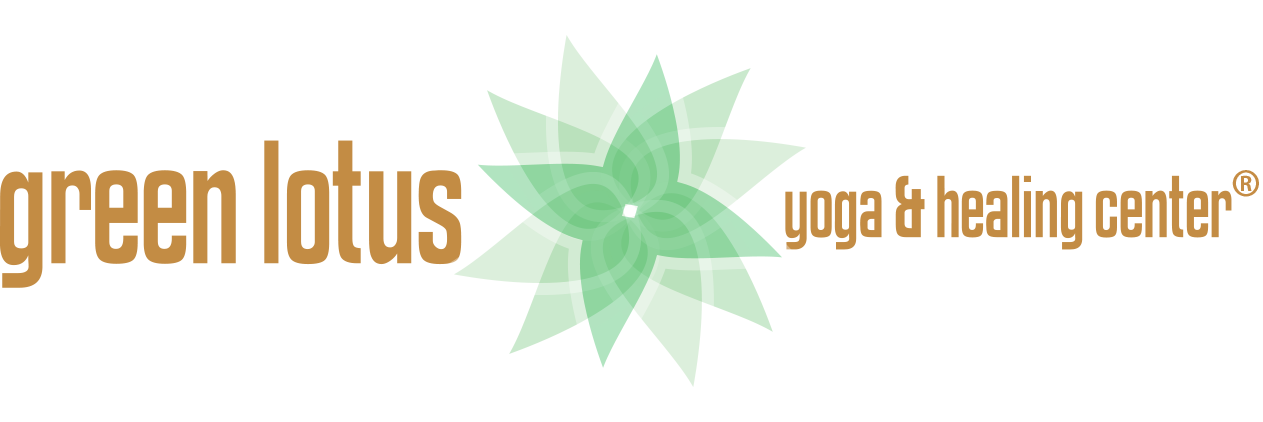Explore and Embrace Obstacles to Health and Well-being
/Setting goals is an important step on your path to well-being. Understanding and learning to manage the obstacles we will confront along that path prevents them from becoming barriers and allows us to work through them to achieve our goals. Imagine that you have set new goals: to run three miles, three times a week; get an extra hour of sleep each night, and meditate for 30 minutes each day. All are amazing examples of health and well-being goals.
Each one leads to positive lifestyle changes. What happens, though, when you try to make these changes and things don’t go as planned? Maybe you notice that running even just one mile causes pain in your knees. Perhaps you realize you aren’t able to go to bed an hour earlier because your day is packed with tasks and to-do lists. On top of that, you feel as though you don’t have the time, energy, or patience to meditate every day.
You may feel like you have hit a roadblock and unable to achieve your goals. You may feel unmotivated, overwhelmed, and stressed. You may even think you have failed, especially if you have attempted to make these changes in the past.
This is the moment when you need a reality check.
The goals we have set are “good”, common, and seem manageable. Other people appear to be able to accomplish them, so why do we end up feeling stuck and unable to make changes?
Maybe someone you know successfully has incorporated lifestyle changes like these, and you see them posting about their accomplishments on social media. Throughout my years of experience as a health and wellness coach. I have supported many clients who feel this way: stuck, frustrated, hopeless. These are normal human feelings.
Obstacles to health and well-being changes may include (are not limited to}:
Goals without purpose
Goal overload
Lack of accountability
Perfectionism
Negative self-talk and self-doubt
Fear of failure
Insufficient boundaries between self and others
Lack of time, resources, and support
Need for external validation versus internal validation
Work/life imbalance
Unsupportive, challenging relationships
We all experience obstacles. It’s how we approach those obstacles that determines whether we will be successful. At times, we don’t see a way forward, and we give up. Other times we find answers within ourselves that allow us to overcome our obstacles and continue on our path. We all have the ability to do the latter. We all have the ability to find a way forward. Our path may curve, or it may go a slightly different direction than we originally planned. What is most important is that we continue to progress along our path.
Mindfulness and self-compassion practices can help us move through the state of being stuck. Exploring the unique ways in which you feel “stuck” is key to continued growth. You may notice physical sensations in your body, such as a clenched jaw or tightness in your chest. You may have thoughts like “I can’t do this!” or “I will never feel better.” These thoughts lead to feeling stuck yet are you truly at a standstill? Tara Brach, Ph.D., mindfulness teacher, and author, says giving our negative thoughts so much weight is unnecessary as they are not consistently based in fact.
Recognizing when we feel stuck and allowing ourselves to experience that sensation gives us the space and freedom to investigate the root causes at a deeper level. If we resist obstacles and label feeling “stuck” as bad, we may remain stuck. When we pursue goals because we think we should (like running three miles with a sore knee) instead of setting goals based on what we want or need, it can feel like self-sabotage. Tara Brach's RAIN practice (Recognize-Allow-Investigate-Nurture) is my go-to mindfulness approach to help people move through obstacles.
Listen to a “Meditation Inquiry for Obstacles” (3:56 min)
The fourth step in the RAIN practice – nurture – emphasizes the importance of self-compassion and behavioral changes. For example, you follow the first three steps (recognize, allow, and investigate) and find that you have little support at home, which causes you to feel stuck as you try to pursue change. In this scenario, your opportunity to nurture may be to seek more help with household tasks so you can carve out time to meet your meditation goal. If you have a strong inner critic that fuels negative self-talk, you may begin to work on reframing your beliefs and self-perception. If you are working until 11 p.m. every night, you may consider setting boundaries around your work schedule.
Mindfulness and self-compassion can give you new insight to help you create and attain your goals. In my coaching practice, I offer journaling and creative activities to identify the strengths, values, and passions that drive your goals so you can experience meaningful and lasting change. Obstacles are a part of life. They come and go. When you move through obstacles mindfully and with self-compassion, you will experience more joy, peace, and balance in your life – and you will be more successful at achieving your goals.






























